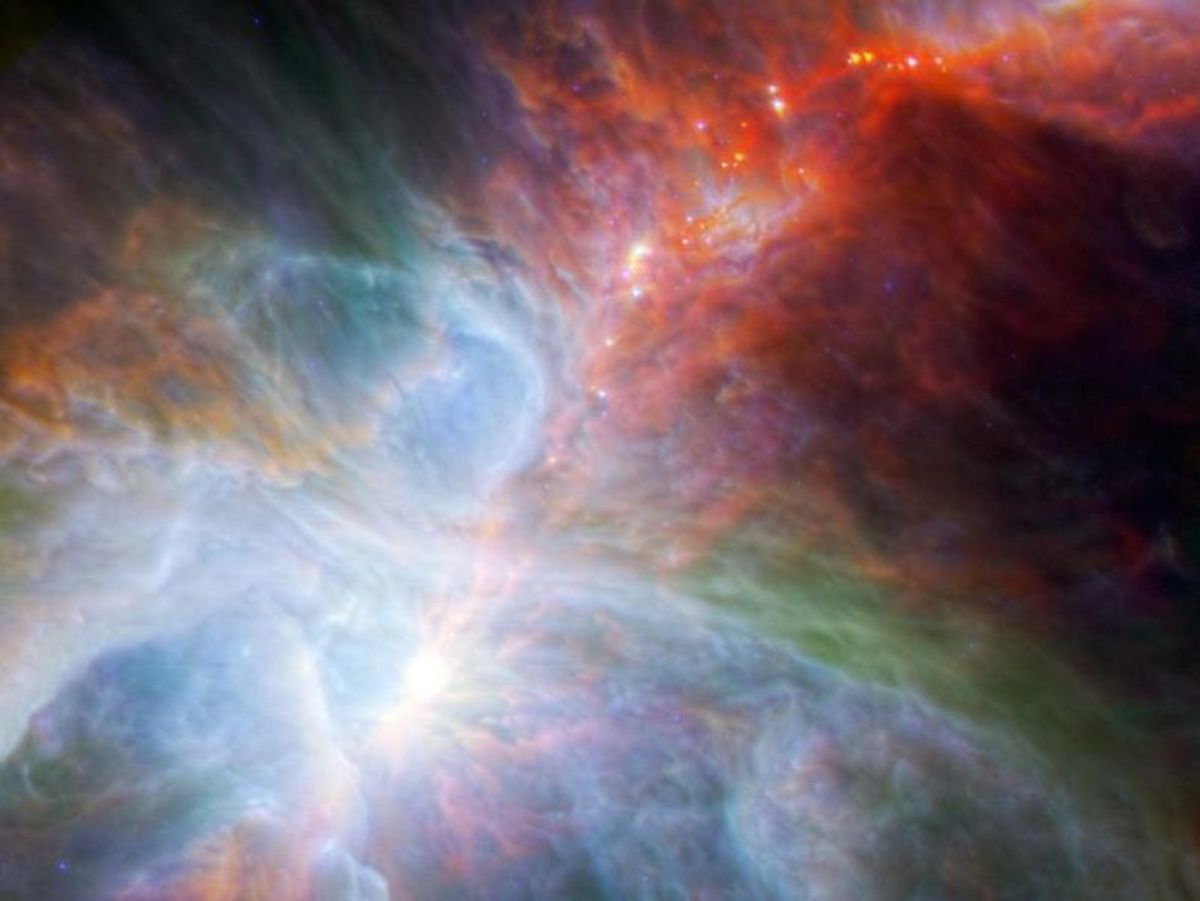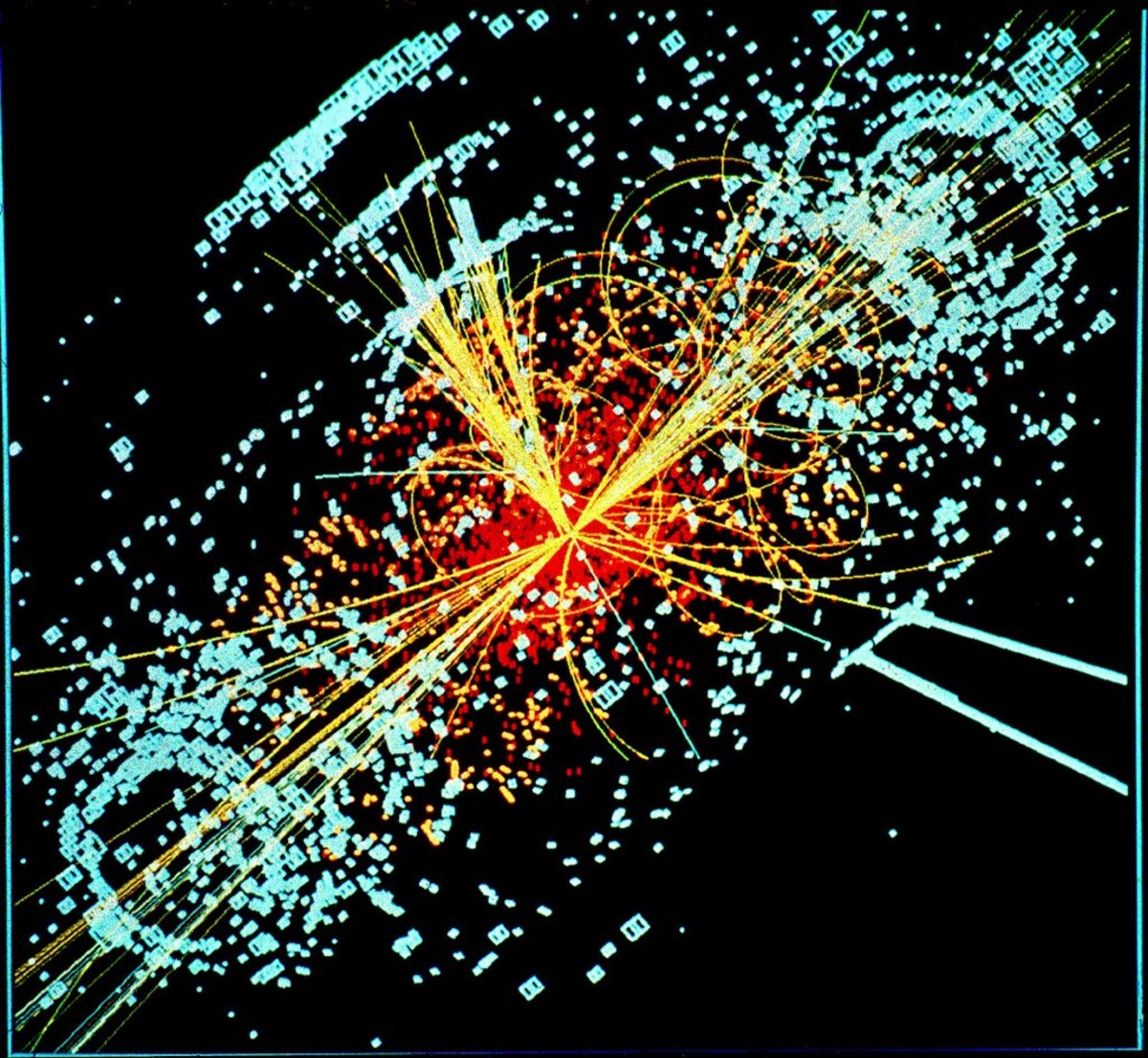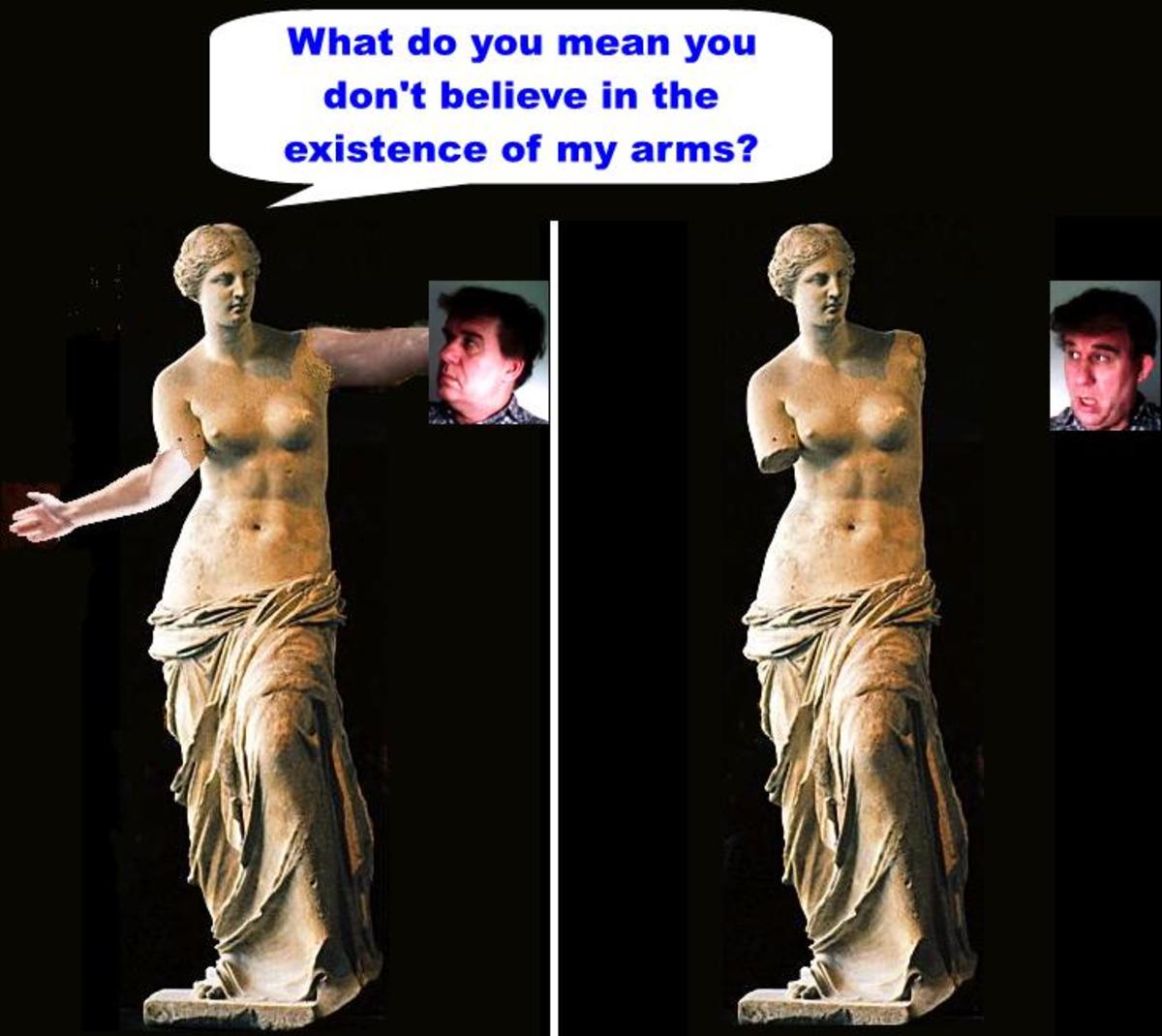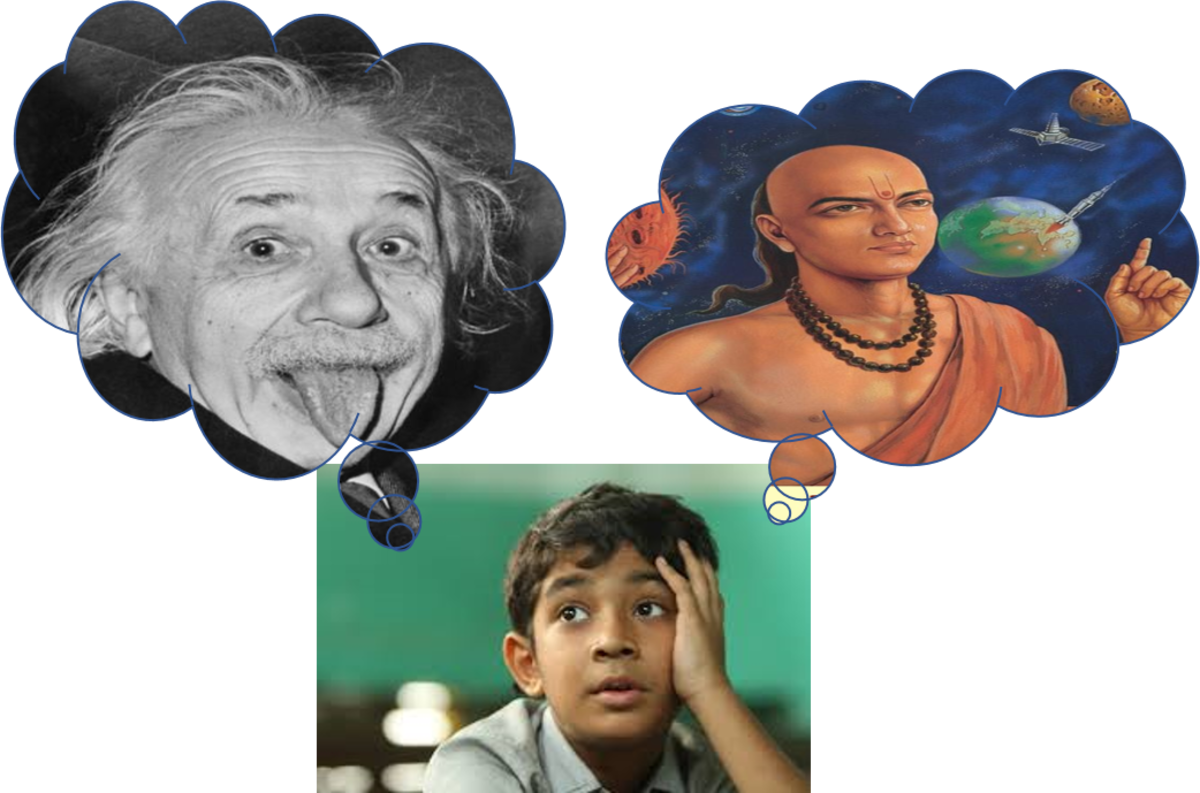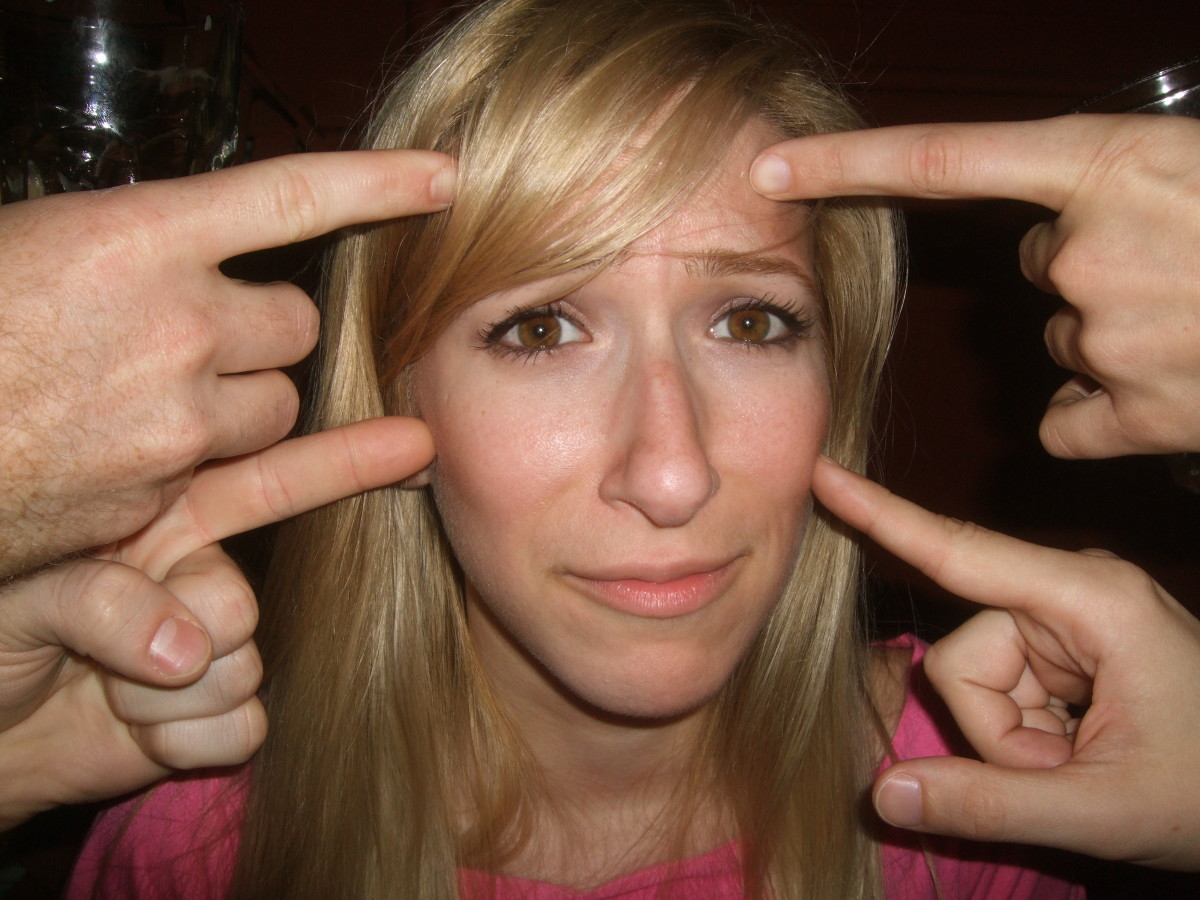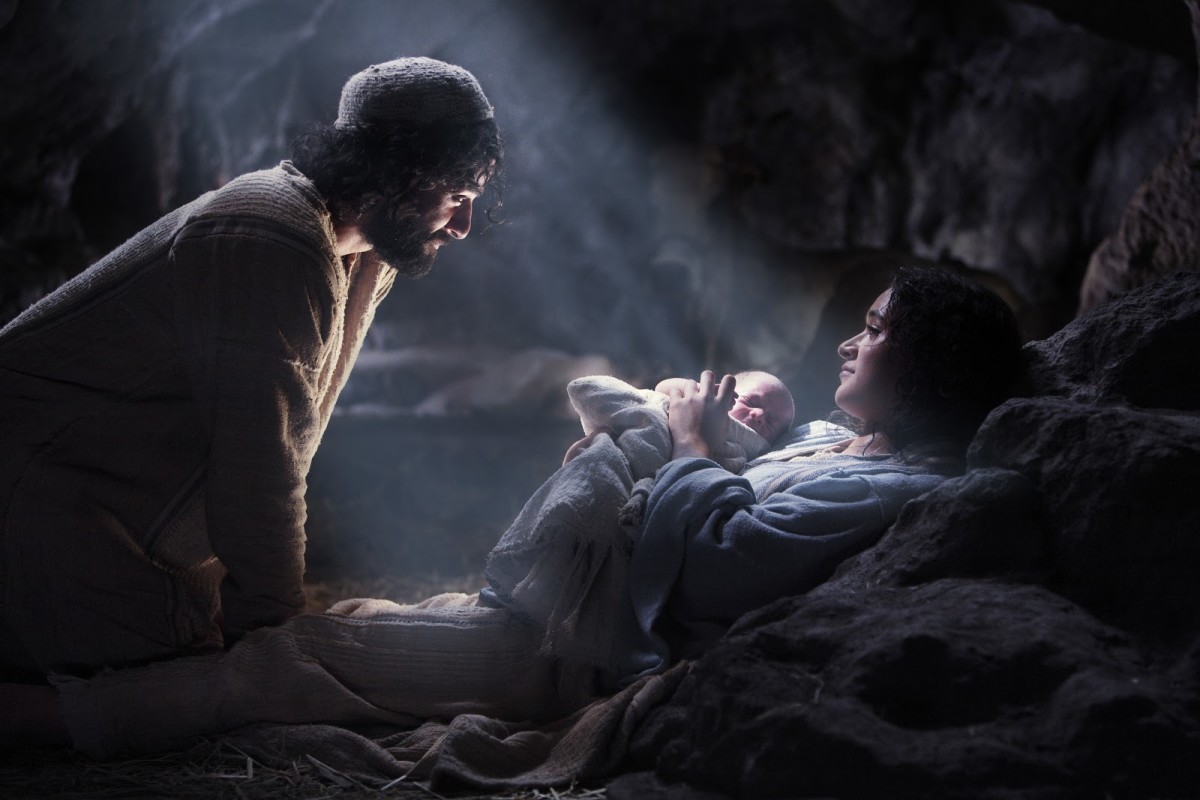Understanding God and 'Free Will' in the Context of Modern Science
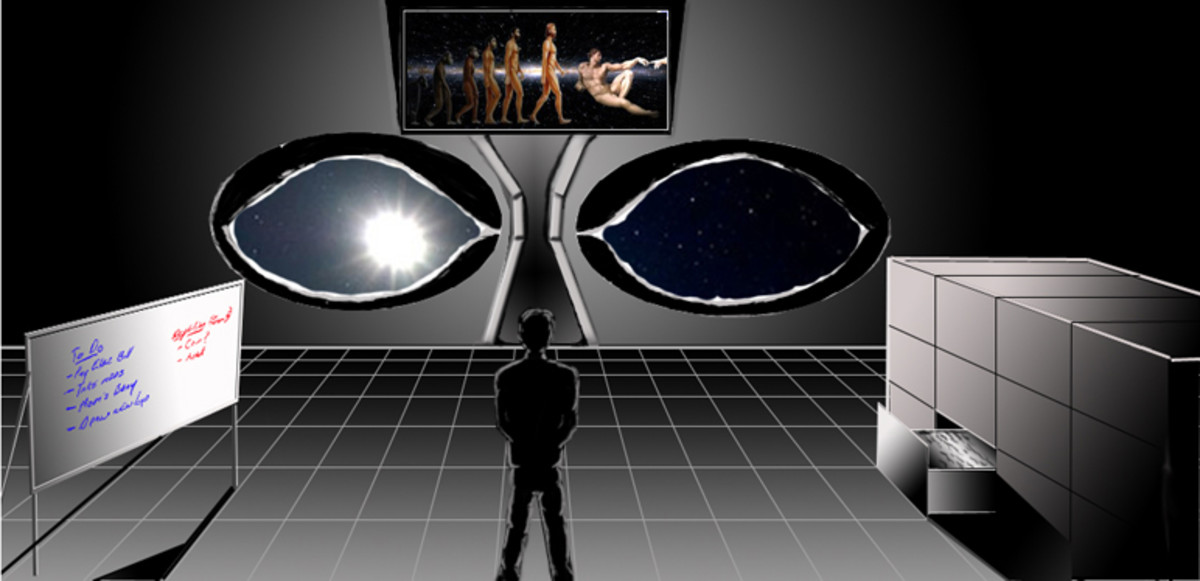
The parallel between nature and scripture is so complete, we must necessarily believe that the person who is asking questions of nature and the person who is asking questions of scripture are bound to arrive at the same conclusions. - Origen
Job 12:7-9 - But ask now the beasts, and they shall teach thee; and the fowls of the air, and they shall tell thee: Or speak to the earth, and it shall teach thee: and the fishes of the sea shall declare unto thee. Who knoweth not in all these that the hand of the Lord hath wrought this?
It’s become almost common place to see our modern understanding of the world according to science as contradictory to God, and to see belief in God as an archaic outdated belief system humanity is slow to let go of. There’s this growing consensus that our modern understanding has elevated us beyond such childish beliefs and promises to propel us even further once humanity can finally let go of this concept of a God imagined and fabricated by Bronze Age societies thousands of years ago.
From the believer's perspective, some feel their beliefs are under attack by modern science, not understanding that it's only the age old interpretations of an ancient text that have been proven inaccurate. These interpretations, like a global flood or Adam being the first human to exist, were formed centuries ago before we knew as much about the natural world and its history as we do today. These interpretations were formed solely by reading a vague text that doesn't give much in the way of context or setting, leaving a lot of room for imagination to fill in the blanks. And when you also reject modern knowledge because it seems contrary to your beliefs, you're left with no solid ground to build a strong foundation of understanding atop of.
The view presented in this hub is part of an idea that attempts to more fully understand God informed by the accumulated knowledge of science. Rather than reject modern knowledge, this idea embraces it and hopes to better redefine our concept of God grounded in reality as we know it today. Science cannot speak about whether or not God exists. He's simply outside of its jurisdiction. But what science can do is inform us as to how God's creation works, which offers insight and possible deeper understanding of God Himself.
God's Will
Science reveals to us the methods of God. The way God accomplishes His will. Or, more accurately, the way existence accomplishes God's will. It's not magic. It doesn't just go 'poof' and become something immediately. It's a very granular process. Like a tree that comes from a seed. Time is the thing at play here that makes the process so apparent. Without time there's just what exists and what doesn't. There's no 'before' existing or 'after'. There's just whether or not something exists. Abraham Lincoln and Albert Einstein exist. They don't exist 'now', but they do exist as part of this universe. At one point in time they were single cells. At another point in time they were aging men. Take the process of time out of the picture and they exist. They are a part of this existence. And during their existence they had an impact on the world around them, just as the world around them had an impact on them. And the same goes for all of us.
And just like us humans, who go from sperm/egg, to initial cell, to embryo, infant, toddler, adolescent, adult, etc., so too are trees and animals. And, as we've learned through scientific inquiry, so too are rocks and sand and air and stars. They all have a beginning and an end. Even at the most granular level of the process that brought about a human/rock/tree/sun, that thing exists. And even before, the events that lead to the creation of each are already in motion. In each 'moment' in time, each thing exists in a particular form. It exists as a cell/element/seed/subatomic particle at conception. As the ticks of time progress, the intricate interplay between the behavioral nature of an object acting in accordance to the laws of this universe, results in becoming something. To exist in a form that from beginning to end, and from the initial granular step through to the very last, is a process that time reveals as being never-ending change. The laws of this universe create an environment in which matter reacts/responds, resulting in a metamorphic change that takes many different forms over the course of 'time'.
The conditions of the environment and the intricate way in which matter responds to it, or behaves within it, is what creates us. We are the result of matter under the influence of those laws. Laws that are constant and unchanging. They don't change over time as matter does. We do. Rocks and trees and even the geographic landscape do, but the laws don't. In the matter/law collision, it's the matter that's impacted.
This is how God created the universe. He created an environment in which matter becomes stars/planets/plants/animals/us simply by existing within the space that these laws govern. Like a droplet in a pool that causes a resulting 'ripple', we are the result of an interaction between the two impacting elements. God's will becomes manifest, not instantaneously within the construct of time, but as a process, which reveals itself to be a perpetually changing thing made up of matter reacting to the environment. We all, in this moment, exist as we do during this particular 'tick' of time as part of a 'ripple' that started billions of years ago and will go on for billions more.
Like everything else within this universe, the dimension of time itself also has a beginning and an end. It began when the universe did. Or, more accurately, because the universe exists, time exists. And because we are part of the result of the universe existing, we exist within the dimension of time. From our perspective every form that matter exists in has a beginning and an end. But that's only true from our perspective. It's not the 'ultimate' truth. And the same goes for space. Space and time both only exist within this universe with us. It is only from our perspective, from within, that there is a 'here' and a 'there', or a 'now' and a 'then'. We move around in space over the course of time, behaving only in accordance to the laws that govern the matter we're made up of. Or do we?
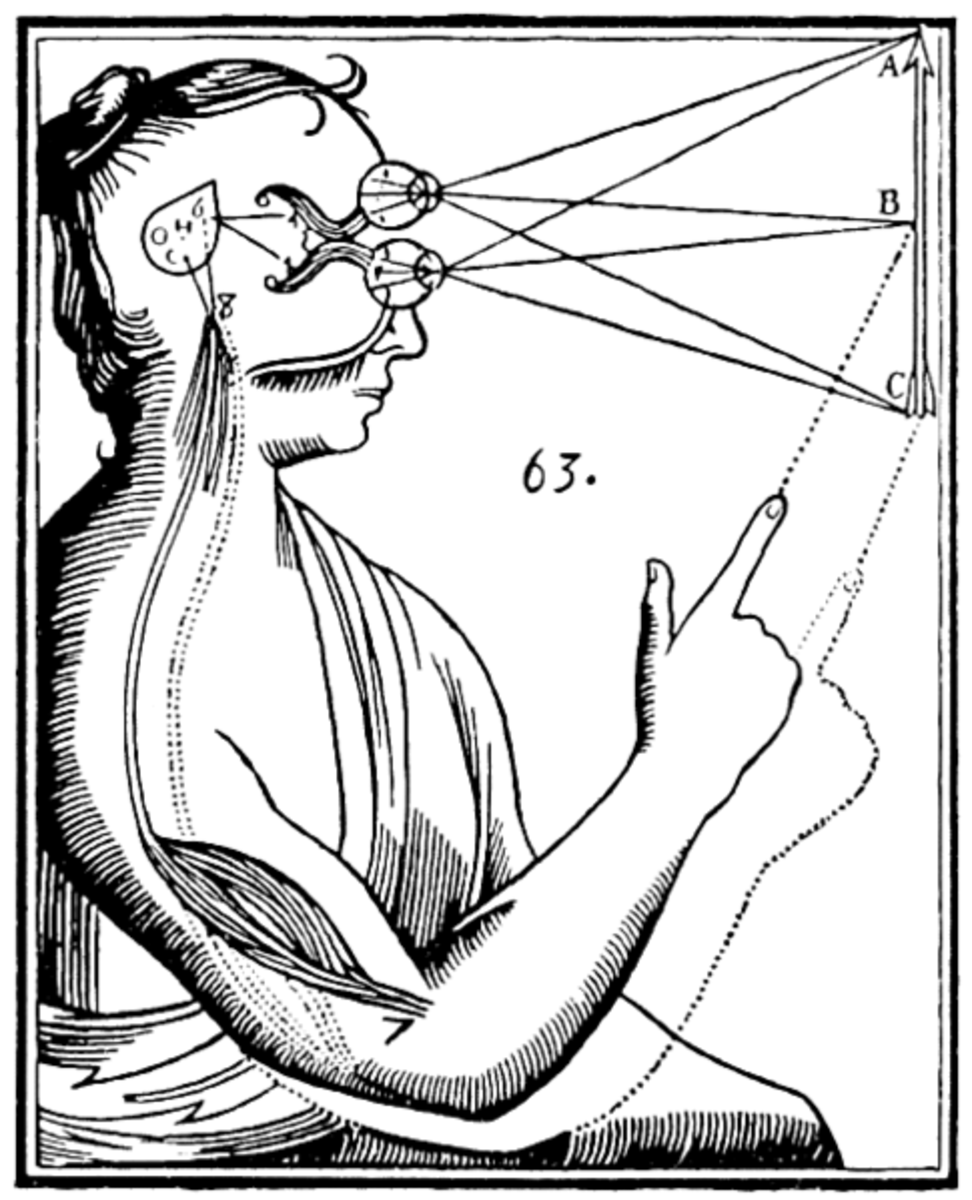
Free Will
We like to think we have free will. That we're not just the result of our brains, being made of matter, simply behaving in accordance to the laws of nature. We like to think we have some level of control. That we choose our own path. Make our own destiny. But if matter is all we are, then that is all we can be.
Life has its own sets of behaviors as it acts in accordance to its own laws. It behaves in ways that compels it to keep existing. To 'be fruitful and multiply'. To change in whatever way is necessary to survive. To adapt. To learn. And in much the same way that matter is sculpted by the laws of the environment, so too is life sculpted by the environment it exists in. But unlike inanimate matter, life is compelled from within to perpetuate the ripple. To keep it going, actively. Even if that means creating more and more complex biological machines over the course of numerous generations to do so. To move better to actively seek out the elements it needs to continue living and procreating. Life on this planet today was shaped by the environment in which it lives, compelled by an unseen 'will' that propels it forward. Until the dawn of reason.
It's when we began to reason for ourselves that we began to choose our behavior apart from programmed instinct alone. Now, rather than matter simply behaving 'naturally' in accordance to the laws of the environment, we are 'consciously' observing the environment, ourselves within the environment, and we are choosing our actions and behaviors through reason. Whatever animates us and compels us to 'be', has adapted over the course of numerous generations of trial and error to become intelligent, self-aware beings capable of reason. Whether or not these reasoning, self-aware brains of ours really do empower us to behave 'free' of the influence of the natural laws is still very much a debate not yet resolved. If there is indeed a non-physical, undetectable soul that makes up a part of our 'self', then its possible to behave free of natural/physical law. If there isn't, then it isn't possible. But beyond a will simply driven to survive and procreate, we have a will of our own that drives our choices and preferences, our likes and dislikes. A will that can manipulate the matter we're made of to carry out its wishes. To choose the best way in which to do it and execute. Just as the matter of the world becomes God's will, the will that compels life and our physical bodies to "be fruitful and multiply", we too can control the matter of our bodies to carry out our will. For our wants that have no physical form to become action in the material world.
It's no coincidence that behavior, and whether or not that behavior is with or contrary to the will of God, is a major theme throughout the bible. Science only accentuates that point further. Existence exists because matter behaves in very specific ways in accordance to the laws of nature. Since before living organisms had brains capable of reason, they too simply behaved in accordance to its laws. It is through reason that behavior is now altered. And if the delicate balance that science has revealed this planetary ecosystem to be is any indication, how something behaves can have a dramatic impact on the nature of the 'ripple' it creates. For humans to truly have a 'free will' capable of choosing our behavior, based on our limited perspective, is a big responsibility. It is a gift that must, just as everything else that exists, be honed and shaped by the environment. It must learn how best to 'be'.
Free Will Versus Natural Instinct
There's two different 'kinds' of will, and they don't necessarily need to be on the same page. There's the conscious will to live and the subconscious (body). If you consciously want your life to end, you have to kill the body. And the body will fight back. Hold your breath and your body will force you to breathe. Cut yourself and the body will immediately begin to try to heal the damage. The body sneezes, coughs, vomits, gags, shivers, sweats, to live, in spite of whether or not you consciously want the same.
The will to live is present in all living things. It could be that the our ancestors passed on genes that create offspring driven to live. If so then this would have had to have been one of the very first traits developed as every living thing from the simplest to the most complex share it.
Before life could establish such mainstays also common amongst all living things, like homeostasis, metabolism, growth, adaptation, response to stimuli, etc, the will to live AND procreate had to be there. It's what propelled life to be what it is today. Without it we wouldn't have evolved. It's like the default state of life. Our bodies are an extension of that. Each individual cell possesses these same behaviors. Just as each life form, no matter how simplistic, does. These traits at every level are absolute. The above traits are what define organic matter as biologically 'alive'.
Consciously it's a different story. Our conscious minds are made up entirely of learned information gathered through our senses throughout life experience. To us, the outside world, other people, even our own bodies are foreign and strange to us. Our own bodies, which the brain and conscious mind are products of, feel separate from our conscious minds. We're not consciously aware of what the body does inherently. We have to learn it.
This falls right in line with what the bible describes. It begins with the creator of the universe commanding life to 'be fruitful and multiply'. It then deals almost exclusively with these conscious wills of ours that are often at odds with the natural world and that is often even at odds with our own physical bodies. Our conscious mind has a will of its own. An individual will that is yours and mine and that is under our conscious control. And its the behavior of this conscious mind that the bible focuses on. The one thing in all of existence not determined solely by its physical make-up. It's a truly 'free' will.
Without God, without a component of ourselves being a non-physical soul, then we can only be biological machines. We cannot have free will, but rather all our choices and behaviors must be the product of the behavior of the physical matter we are made of.
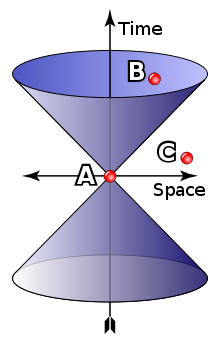
God's Perspective
Long before scientific enlightenment enabled us to grasp the concepts of time and space, the bible spoke in that language when speaking of God. Below are a few examples that illustrate how the God described in the bible thousands of years ago remains consistent with things we have only learned very recently ....
Of course, it all begins right from the start by explaining that God is the creator of the Heavens and the Earth, which by our present understanding makes the rest of these verses ring true ...
Genesis 1:1 - In the beginning, God created the Heavens and the Earth.
Time
Psalm 90:4 - A thousand years in your sight are like a day that has just gone by, or like a watch in the night.
2 Peter 3:8 - But do not forget this one thing, dear friends: With the Lord a day is like a thousand years, and a thousand years are like a day.
Space
Psalms 139: 7-10 - Where can I go from your Spirit? Where can I flee from your presence? If I go up to the heavens, you are there; if I make my bed in the depths, you are there. If I rise on the wings of the dawn, if I settle on the far side of the sea, even there your hand will guide me, your right hand will hold me fast.
Proverbs 15:3 - The eyes of the Lord are in every place, watching the evil and the good.
Perspective
Psalms 33: 13-14 - From heaven the Lord looks down and sees all mankind; from his dwelling place he watches all who live on earth—
The Power of Free Will
God, being the creator of the universe, cannot be subject to its laws or change over the course of time. His existing apart from this universe means that, from our perspective from within, He exists exactly the same in every space and in every moment, unchanged. Change only applies to things that exist within this universe. And from the perspective of the observer from within, everything in this universe has a beginning and an end. Something 'causes' something else, resulting in things that exist. A couple conceives a child. A bee pollinates a flower. A hydrogen atom fuses with another hydrogen atom. Something causes something else to happen. And each cause results in a 'ripple' effect. The universe itself is one big 'ripple'. My conception caused a smaller ripple that is me. And yours you. From our perspective, we can hardly even conceive of something that does not have a beginning because through our experience everything we have ever known has a finite existence with both a beginning and an end.
The story in Genesis 22 where God tests Abraham by commanding him to sacrifice Isaac is a good example that illustrates both an omnipotent/omniscient God as well as highlight how truly powerful a free will really is. The way we now understand the universe makes sense out of how God is described in the bible. Both time and space are dimensions within this universe. God, being the creator of the universe, exists apart from/outside of/before and after this universe. From His perspective there is no span of time separating past from future and no span of space separating here from there. And from our perspective He is exactly the same, unchanged, in every moment everywhere.
The story where God tells Abraham to sacrifice Isaac is telling. At first it seems contradictory that this omniscient God would need to test Abraham. After all, if He knows all then He should know what Abraham would do, right? Well, not necessarily. Not if free will is truly free. In everything else God knows. Without time, anything we say or do from the beginning of time to the end can only happen one way. We, in the moment, really do have the freedom to choose how to be. But from God's perspective the decision you made in that one moment in time was always that choice. Everything from the beginning of time to the end happens just one way, unchanged. However, in the story of Abraham God actually intervened by addressing Abraham and giving him this command. If He had not then Abraham's decision never would have existed because he never would have been put in a situation to have to make that decision. This illustrates just how powerful free will really is, and just how 'free' we are. God actually had to test Abraham, actually had to create the situation that made Abraham choose, to know what he would do. The same goes for the regret it says God felt about placing humans on the earth in Genesis 6. Only behavior born of a free will could cause God to regret something because, unlike everything else that adheres to God's one unchanging will, the outcome when free willed beings are involved is determined by a wildcard variable that cannot be predicted.


